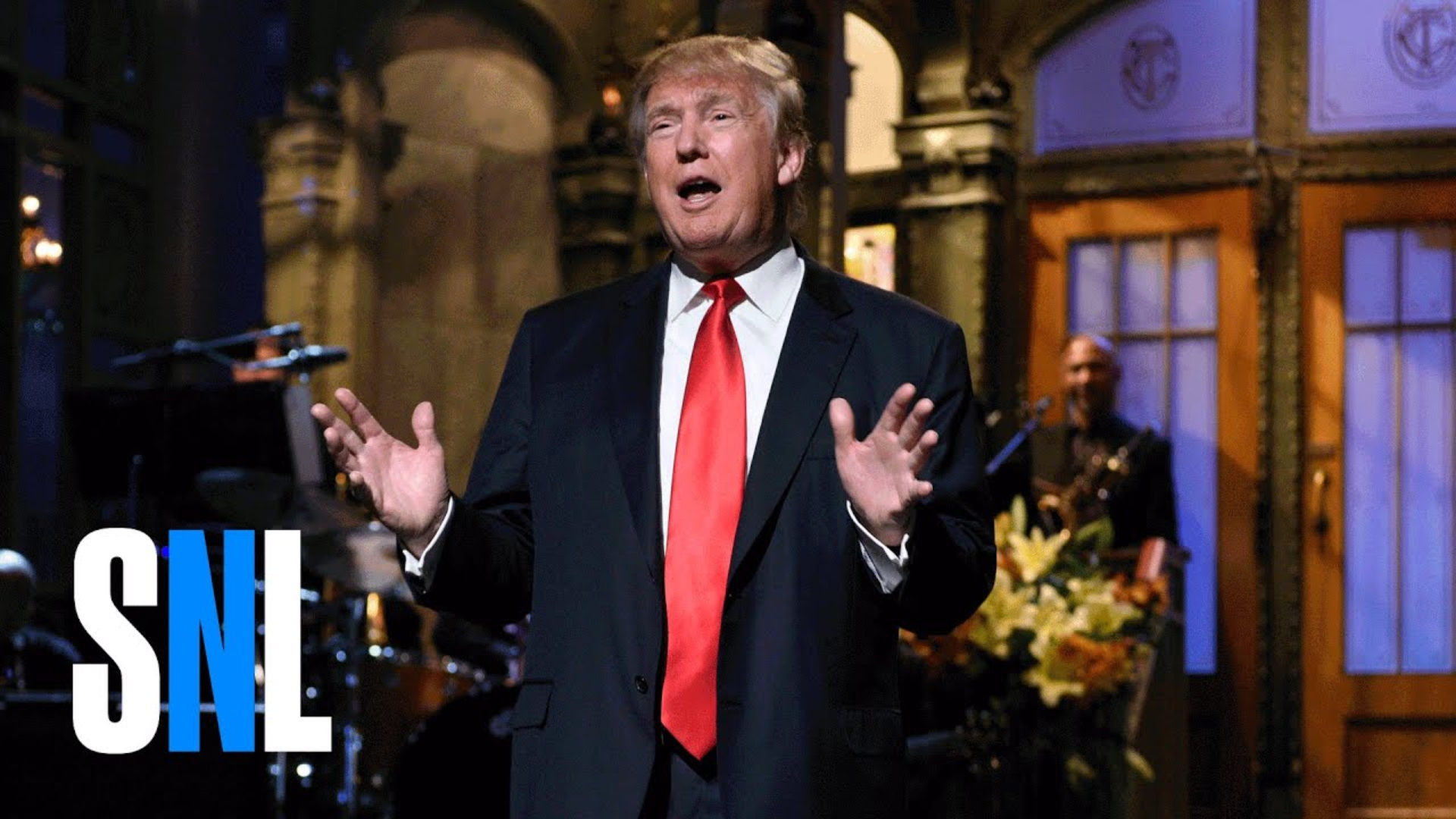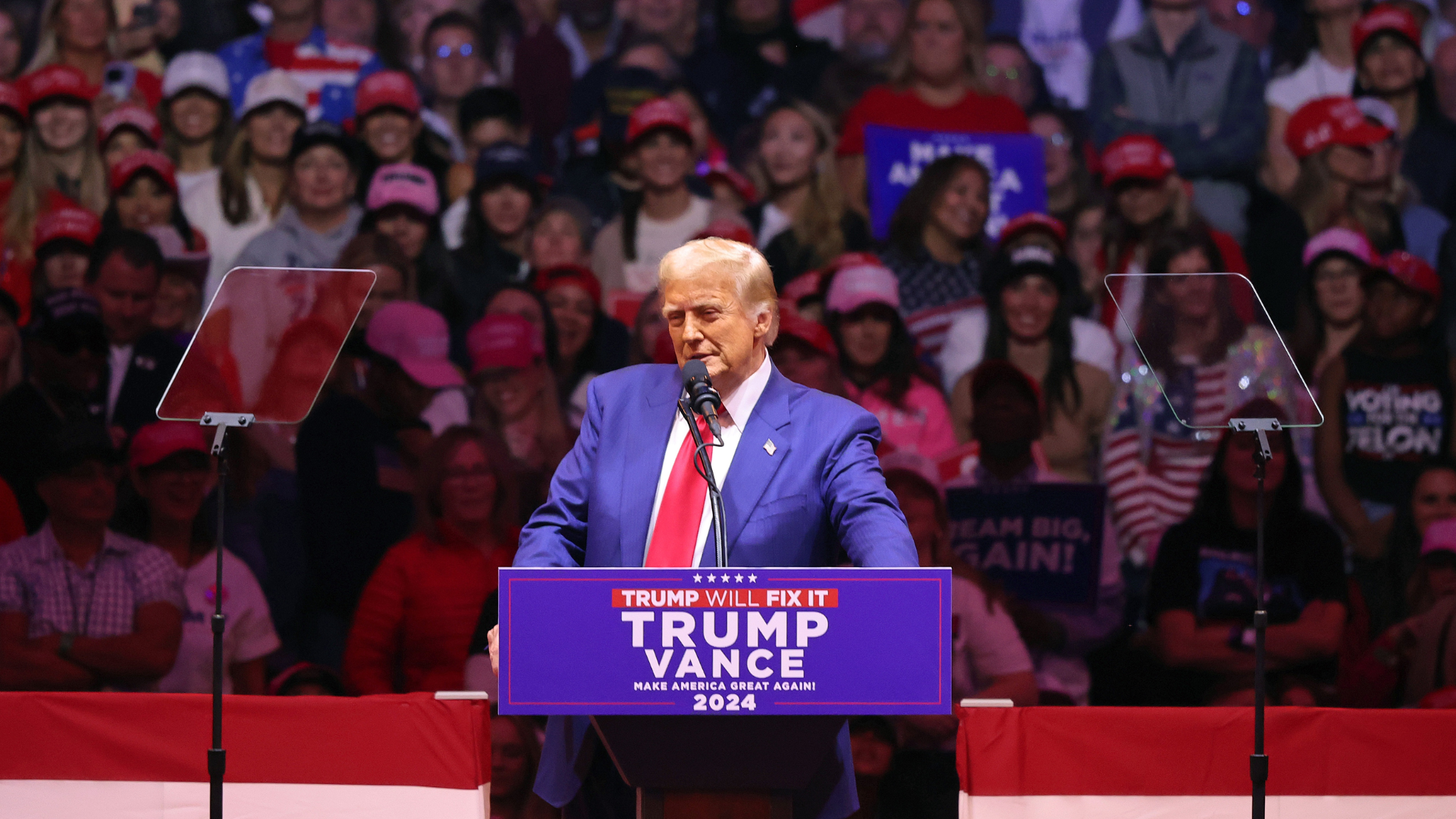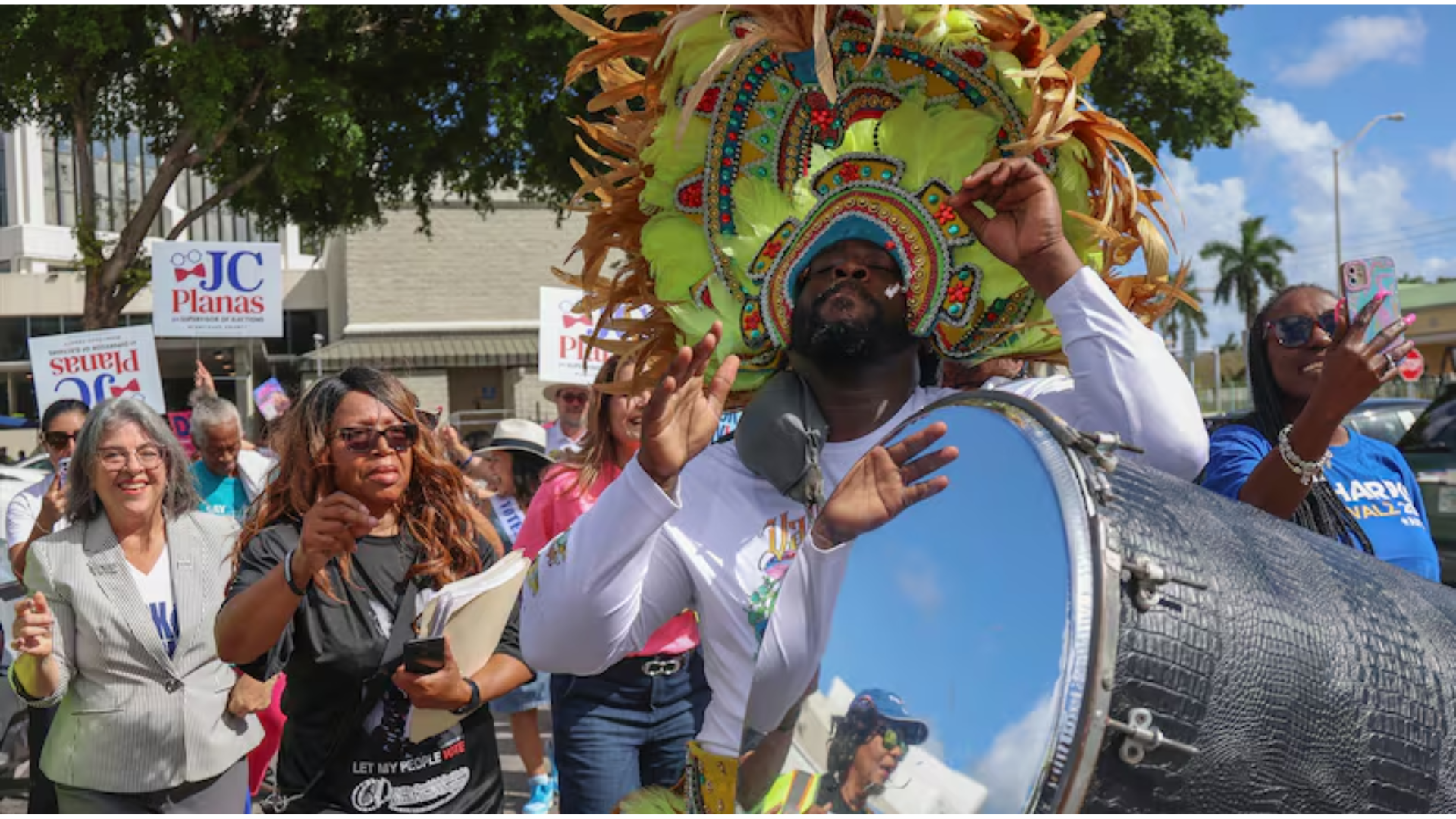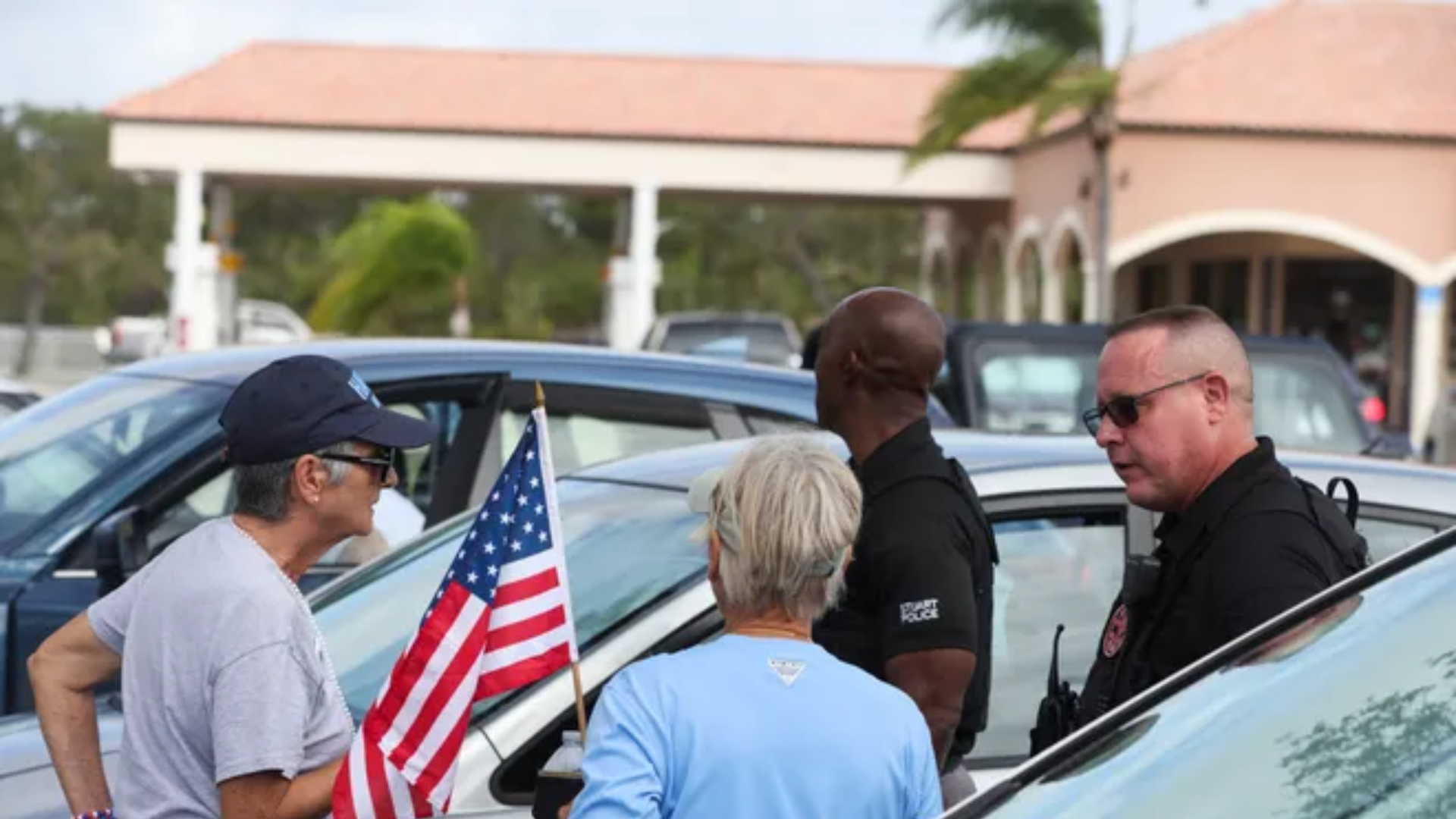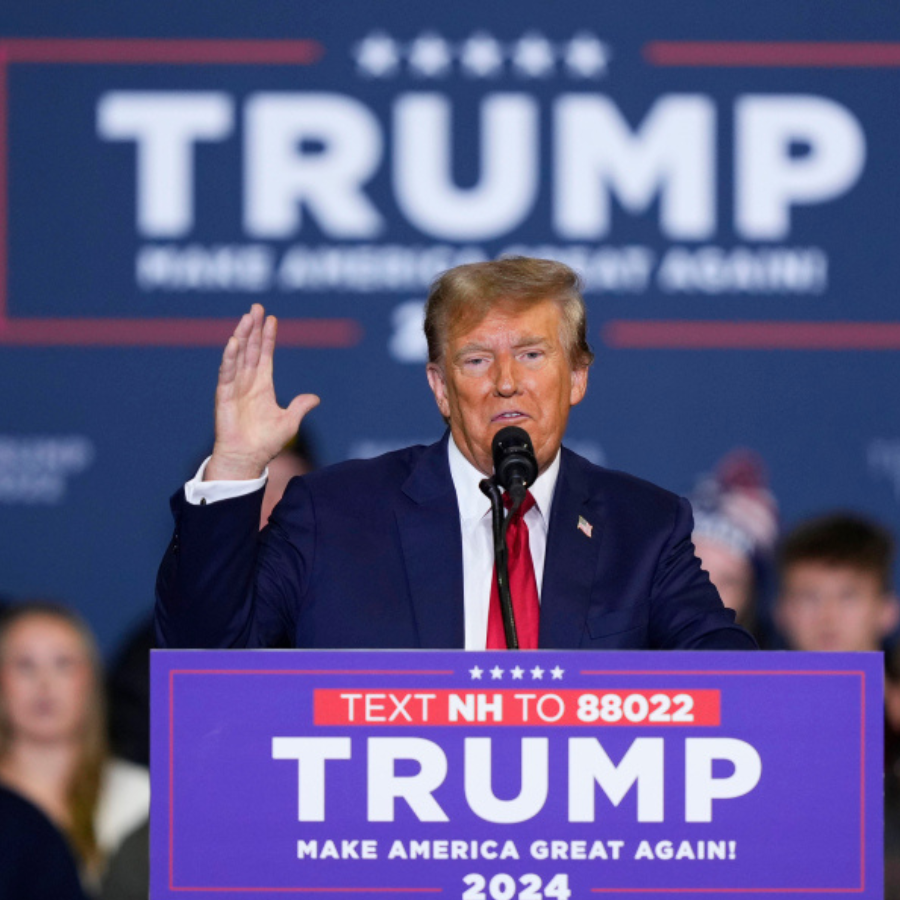
A new study published in Communications Psychology has sparked significant debate about the asymmetry in anti-democratic attitudes between conservatives and liberals in the U.S.
According to the study, conservatives exhibit stronger anti-democratic tendencies than liberals, and this difference can be partly explained by psychological traits like “right-wing authoritarianism” and “social dominance orientation
As American democracy faces increasing challenges—especially after the January 6 Capitol attack—many people assume that both sides contribute equally to the erosion of the political system.
However, the study by Débora de Oliveira Santos and John T. Jost suggests that anti-democratic attitudes are more prevalent on the right.
The research draws on data from the 2022 Health of Democracy Survey, which included 1,557 American adults and measured political views and psychological traits related to authority and social order.
Two main factors were studied: right-wing authoritarianism (comprising submission to authority, aggression in defense of authority, and adherence to traditional norms) and social dominance orientation (endorsing social inequality).
The results reveal that conservatives are less supportive of democratic rights and equality than liberals, and they are more likely to endorse actions that defy democratic norms, such as voting for candidates who deny the legitimacy of elections and justifying political violence.
They also tend to agree with statements like “The true American way of life is disappearing so fast that we may have to use force to save it.”
Interestingly, the study also found that conservatives with strong “system justification” (support for the current political system) were less likely to hold anti-democratic views.
This suggests that conservatives who believe in maintaining the status quo are less inclined toward anti-democratic behaviors.
The research also examined support for the January 6 Capitol attack, finding that 27.5% of Republicans approved of the actions of the insurrectionists, compared to just 5.96% of Democrats.
Those who supported the attack had higher levels of right-wing authoritarianism and social dominance orientation.
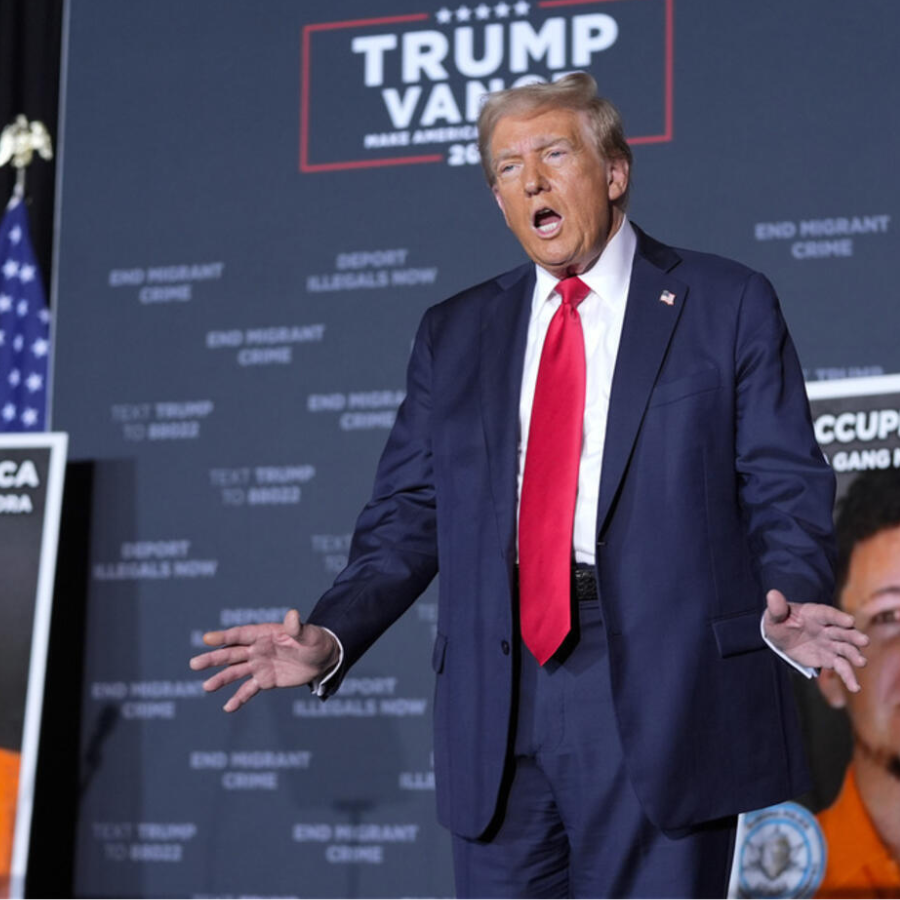
However, the study has some limitations. Since the data was collected from a single-point survey, it cannot establish causal relationships.
The researchers hope to expand the study to other countries to see how different political and cultural contexts affect the relationship between ideology and anti-democratic attitudes.
This research contributes to the broader discussion about the threat to democracy from the right. According to John T. Jost, blaming both sides equally does not reflect reality, as anti-democratic tendencies are more likely to emerge from the right.
Ultimately, this study raises questions about the role of psychology in protecting democracy. As democratic values come under strain, understanding these tendencies can help develop effective interventions to safeguard democratic systems in the U.S. and beyond.



